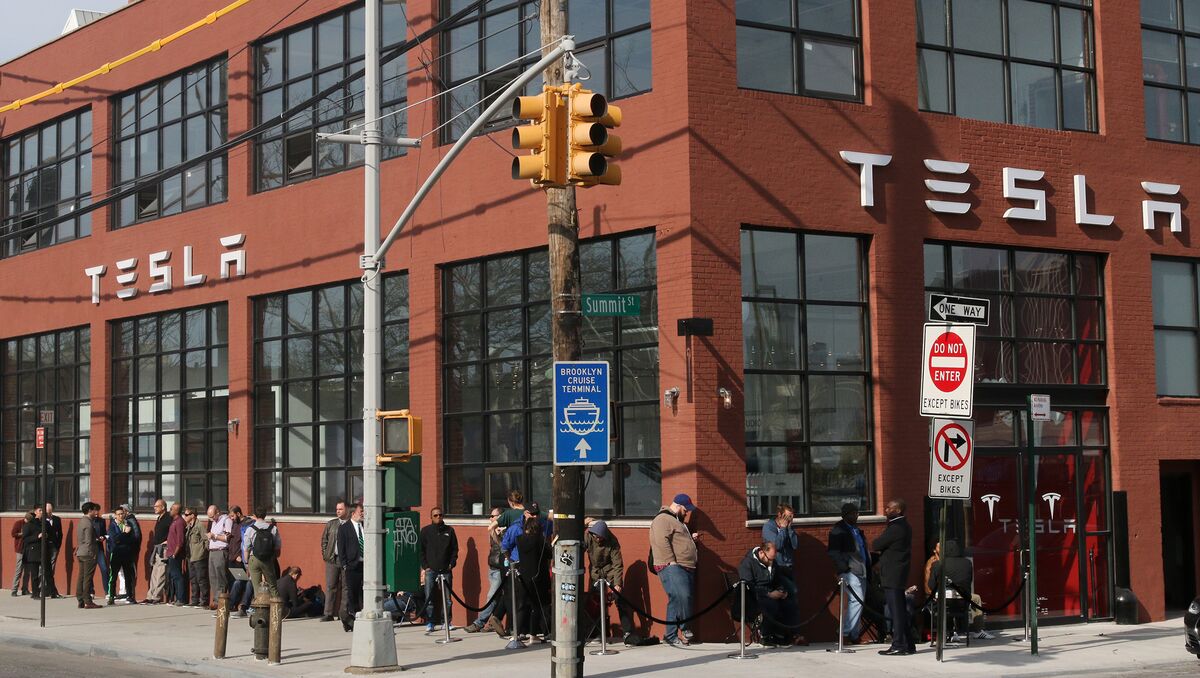Gone4Good
Give me a museum and I'll fill it. (Picasso) Give me a forum ...
- Joined
- Sep 9, 2005
- Messages
- 5,381
So if we agree that most of the night EV charging will be met by NG, if you look back at that NAS chart (post #36), an NG powered EV is only slightly better than the current gas/hybrid.
I think it's also helpful to make sure we're talking about the same things.
I never once said anything at all about hybrid vehicles. Going back to my very first comment, this is the sum total of what I said . . .
My thinking is that the environmental impact of new electricity demand from EVs should be measured by the new power supply that is installed to meet that demand.
So if you're comparing the marginal impact of new EVs powered by the marginal production capacity added to meet new electricity demand, the result looks a lot more like the EV / WWS bar in your graph than the EV / Grid Average one.
If you want to change the above quote from saying "the EV / WWS bar" to "the EV / Natural Gas bar", I won't quibble much because the new power builds have a big chunk of gas anyway - my comment was always meant to average the two. So that's mostly consistent. But even with that change we're still a long way from the pollution we'd get using the EV / Grid Average bar, let alone the assertion that it's even worse than that.
I have no position on the merits of hybrids vs. plugins.
Last edited:


